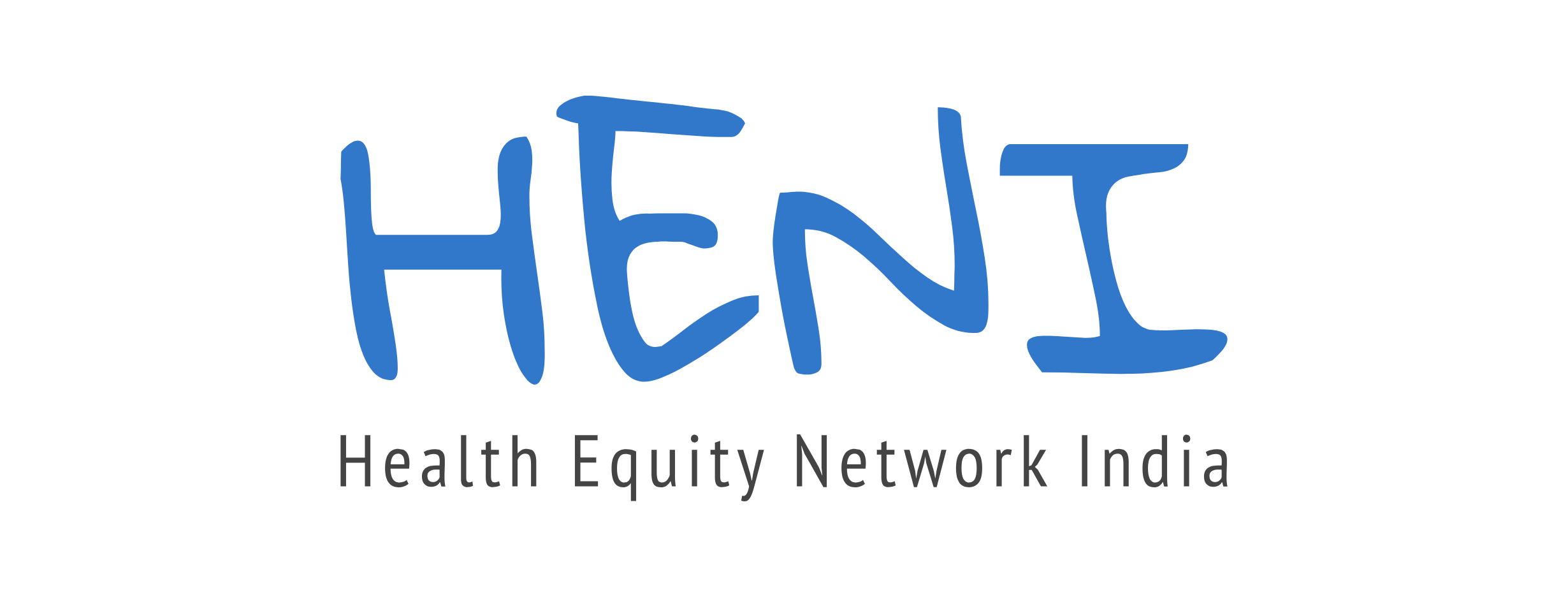Organizations obtain data from many sources that include software as a service (SaaS) applications, application programming interfaces, mobile apps and Internet of Things (IoT) devices. Data management solutions combine this data and makes it accessible to users, thereby giving businesses confidence in the information used to make their decisions. These solutions let businesses analyze trends in purchasing patterns and other aspects that influence their business. The data can be fed to artificial intelligence tools that analyze huge amounts of unstructured data to provide unique and accurate insights.
The right business solution to manage data for your organization requires understanding its scope. The most effective solutions are scalable and support various data domains and include governance functions, discovery capabilities, and integration. They also allow the automation of workflows, provide alerts and notifications when changes are made and come with a user-friendly design that makes it simple to access reports on data analytics and dashboards.
To ensure an effective implementation for a successful implementation, you require a knowledgeable team of experts who will manage the project from the initial assessment phase through the stages of development and deployment. A good team can include a project coordinator, UI/UX designer, and QA engineer. The team can be based in the same area or remotely, but it’s crucial to establish a http://reddataroom.com/maximizing-the-efficiency-of-your-financial-team-processes-and-workflows rapport channels and set a timetable for meetings comfortable for both participants.
A data management software will help you increase your productivity by removing the need for manual management of data. This allows your staff to concentrate their efforts on important initiatives and tasks with high value. It can also help break down data silos, allowing employees to locate what they require at the time and when they require it.
